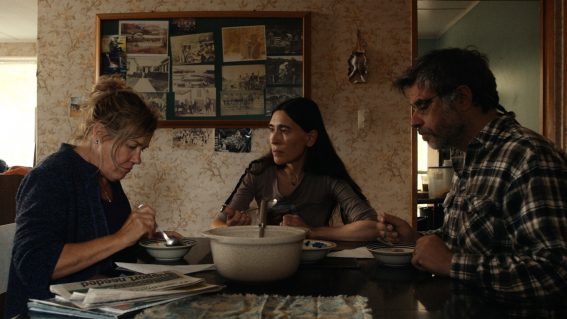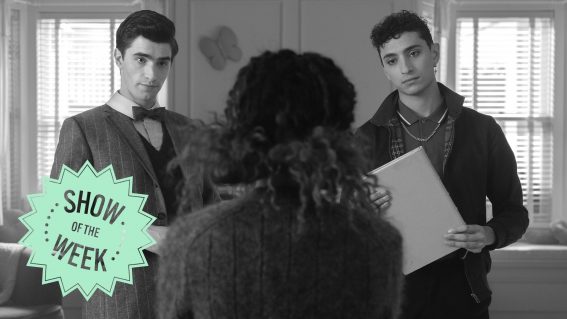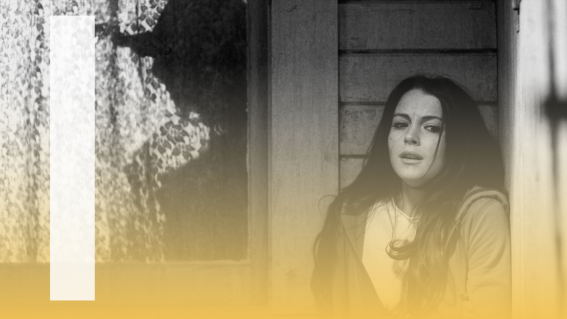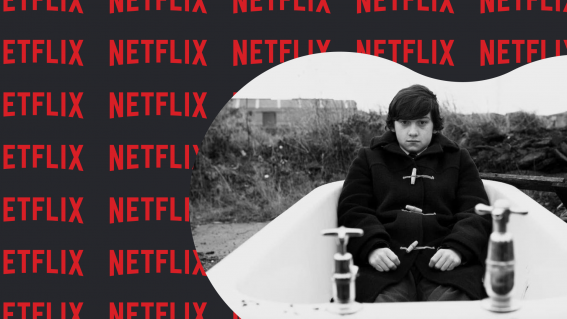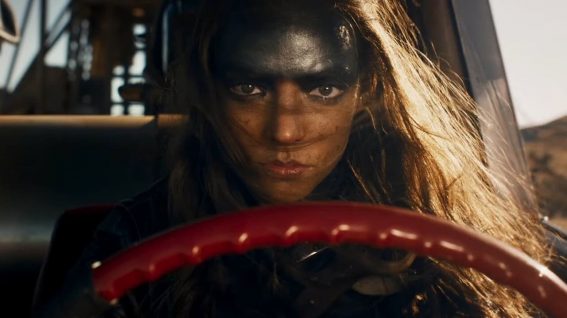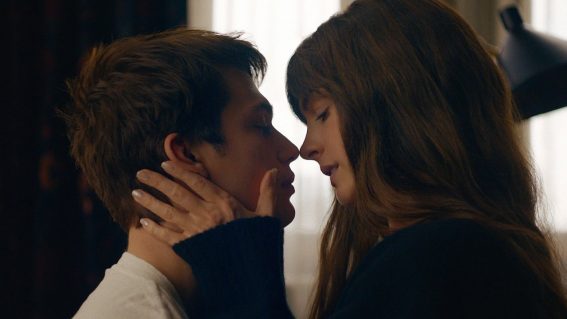Everything you missed – and need to see – at Cannes Film Festival 2023
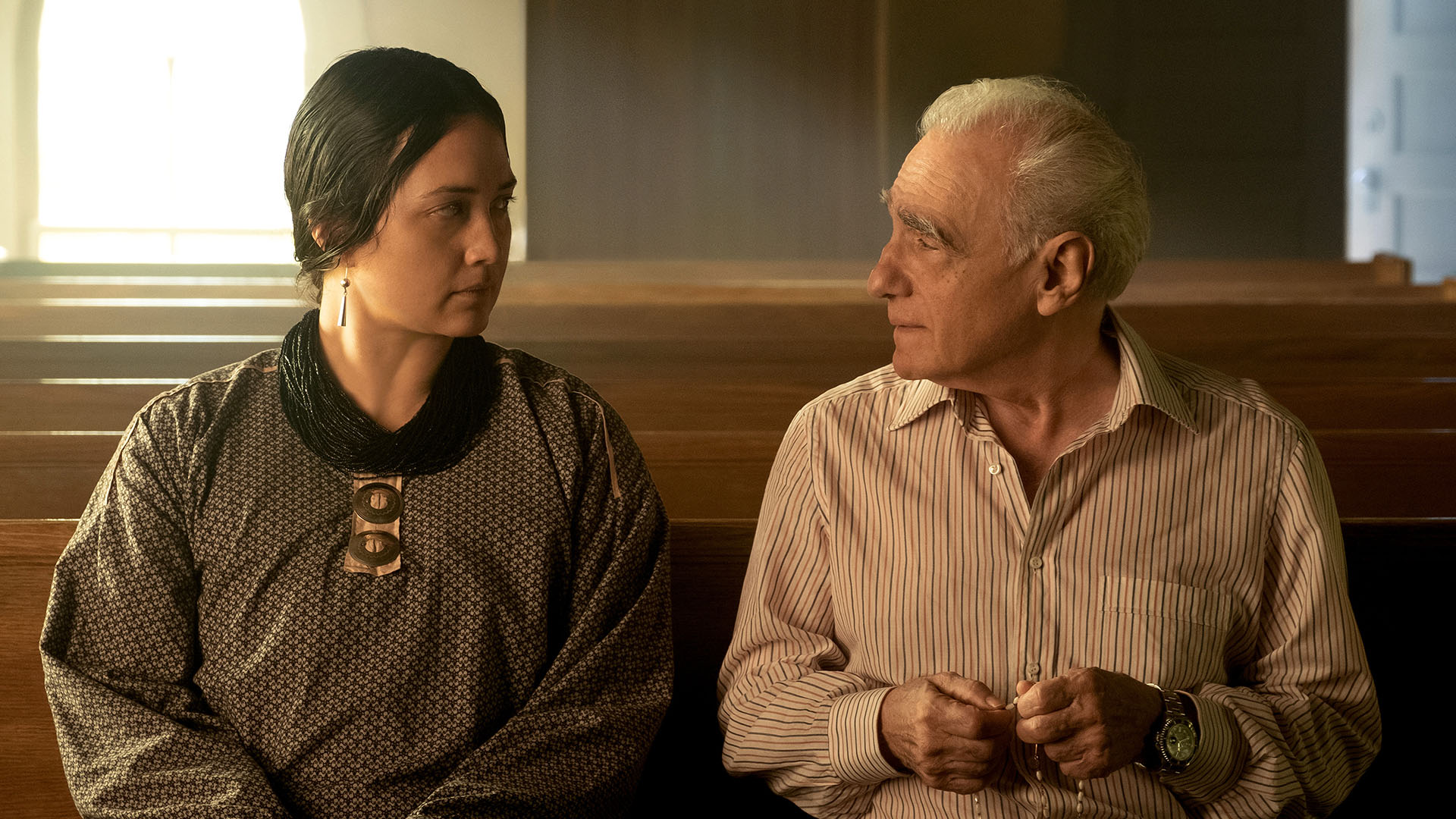
This year’s edition of the world’s most prestigious film festival has come to a close. Rory Doherty was at Cannes for Flicks, and takes us through all the films that made a splash.
According to some, the 2022 edition of the Cannes Film Festival boasted one of the weakest lineups, despite some terrific showings from filmmakers like Park Chan-wook, David Cronenberg, and debut films like Aftersun. Such opinions were in short supply this year, as the latest efforts from some of cinema’s biggest and most interesting names were, on average, pretty terrific. Here’s a wrap-up of everything that made a splash in and out of competition over a couple weeks in May, with enough great films to fill out your watchlist three times over.
The Winners
Cannes boasts one of the most prestigious awards in all of cinema: the Palme d’Or, which went to the highly impressive courtroom drama Anatomy of a Fall. But the rest of the awards were packed with heavy hitters: the Grand Prix, the second top prize, went to Jonathan Glazer’s abstract and devastating Holocaust drama The Zone of Interest, a surgical and overwhelming dissection of the Nazi psychology. Both films starred German actress Sandra Hüller—but she wasn’t the recipient of the Best Actress prize for either. Cannes doesn’t like awarding the same film multiple awards, and although they can break these rules, this year every recipient only won one award.
🏆 Justine TRIET, lauréate de la Palme d'or pour ANATOMIE D'UNE CHUTE
—
Justine TRIET, winner of the Palme d'or for ANATOMIE D'UNE CHUTE (ANATOMY OF A FALL)#Cannes2023 #Palmares #Awards #PalmedOr pic.twitter.com/2Z4syiML40— Festival de Cannes (@Festival_Cannes) May 27, 2023
Best Actress instead went to Merve Dizdar, star of Nuri Bilge Ceylan’s dauntingly long but well received drama About Dry Grasses. Best Actor went to Japanese actor Koji Yakusho, perhaps best known for starring in Cure, here leading Perfect Days, a gentle look into the life of a Japanese janitor from arthouse legend Wim Wenders.
East Asian talent had the best run in the awards, with Vietnamese-born Trần Anh Hùng scooping up Best Director for his sensual French cooking drama The Pot-Au-Feu, which critics thought tapped into the sensory indulgences of cooking more than any film since Chef or Ratatouille.
🏆 Photo finish !
Tous les lauréats du 76e Festival de Cannes sur la scène du Grand Théâtre Lumière. Palmarès ► https://t.co/RF5tEYeDBo
—
The 76th Festival de Cannes awards winners on the stage of the Grand Théâtre Lumière.
Palmarès ► https://t.co/6LPV2l6DMr #Cannes2023 pic.twitter.com/Nh1poXBVKi— Festival de Cannes (@Festival_Cannes) May 27, 2023
On top of Yakusho’s acting win, Japanese creatives scored big. Yuji Sakamoto won the screenwriting prize for his cleverly plotted, creepy and emotional script for Monster, directed by previous Palme winner Hirokazu Kore-eda. There was a fittingly bloody reunion with Japanese maestro Takeshi Kitano with his historical samurai epic Kubi. If you don’t know Kitano from his brilliantly composed filmography, you might recognise him from being the hunt organiser in Battle Royale, or from the fact that he is the “Takeshi” in Takeshi’s Castle.
Small But Loud
Outside of the main competition, plenty of big and small movies left their mark. Un Certain Regard buzz was dominated with How to Have Sex acclaim, but other films of note include Cannes wunderkind Anthony Chen’s gentle relationship drama The Breaking Ice, Belgian rapper Baloji’s Congolese magical realism drama Omen, and the subversive, Argentinian heist film The Delinquents. More muted was one of the buzzier titles in the strand, The New Boy, about an Aboriginal Christ-like child that’s taken in by renegade nuns (led by Cate Blanchett)—Warwick Thornton’s film didn’t drum up a lot of praise.
Middling reviews are more common than outright disasters, but Cannes 2023 made sure to feature a couple of those too! Jessica Hausner’s British-set Club Zero, a ultra-mannered and dry satire on diet culture, stars Mia Wasikowska as a high school teacher who ropes impressionable students into a cult of healthy eating, and is at best irritating and at worst genuinely dangerous. Sam Levinson’s latest TV effort The Idol went down like a lead balloon, debuting with one of the worst TV aggregate scores in history, and while it’s not as bad as everyone has been snarkily writing online, it’s definitely not good.
"This experience is a great way to take the pulse of the world."
🍿 #Conversation with John C. Reilly, President of the Un Certain Regard Jury #Cannes2023
The American actor shares his experience & thoughts as President before the Un Certain Regard Palmarès this evening. pic.twitter.com/vTOraXLvKl— Festival de Cannes (@Festival_Cannes) May 26, 2023
Heaps more small films were collected in the different programming strands “Critic’s Week” and “Director’s Fortnight” (here, the ident before every film lists a selection of directors who premiered in this strand, which seems to include every single director in the world). Look out for The Sweet East, a foul-mouthed, scatterbrained road trip across America’s East Coast that will surely get a lot of people talking, as well as the lengthily titled British comedy The Feeling That the Time for Doing Something Has Passed, which critics have said will appeal to fans of Lena Dunham’s influential Girls.
These strands don’t hand out awards, but you’ll likely find the winner of the Camera d’Or here—the award for best first film. After inexplicably neglecting to award the prize to Aftersun in 2022, the jury seem to have got it right this year—Vietnamese director Thien An Pham took the prize for his uncompromisingly arthouse exploration of hometown regrets and memories, Inside the Yellow Cocoon Shell. There should also be a Cannes prize for Most Intriguing Title.
The Usual Suspects
Something festival president Thierry Frémaux loves to do at Cannes (apart from squaring up to coppers) is programme returning faces—and the old favourites didn’t disappoint in 2023. The Americans more than delivered—Scorsese’s Killers of the Flower Moon, Wes Anderson’s Asteroid City, and Todd Haynes’ May December marked some of the best watches of the fest—but Europe saw some big splashes too. French provocatrice Catherine Breillat orchestrated a nasty, tight-throated taboo romance in Last Summer, a superbly crafted remake of Danish film Queen of Hearts—and every bit as controversial.
Italian legend-in-training Alice Rohrwacher snuck in an incredible last-minute story of grief and history with La Chimera, starring Josh O’Connor as a bereaved and morose Etruscan tomb raider. But what of our 16-time Cannes debuting social-realist king Ken Loach, and his purportedly final film The Old Oak? Rumours that his swansong would be crowned with Cannes’ top prize were quashed by its noiseless premiere at the very end of the fest—with the few critics still hanging about the festival saying it was by no stretch terrible, but Loach’s weakest effort in a while. They can’t all be winners!
Read Rory Doherty’s reviews from Cannes:
Palme d’Or winner Anatomy of a Fall elevates the criminal procedural genre
Martin Scorsese’s Killers of the Flower Moon leaves a devastating impact
Harrison Ford is tremendous fun in Dial of Destiny, but Spielberg’s absence is felt

